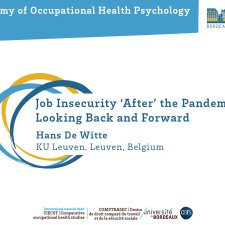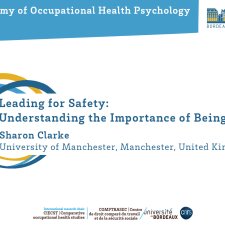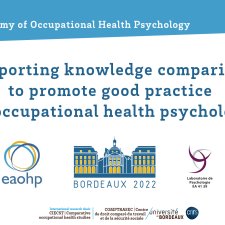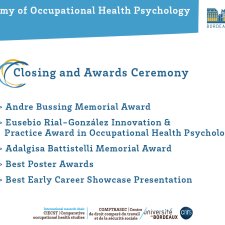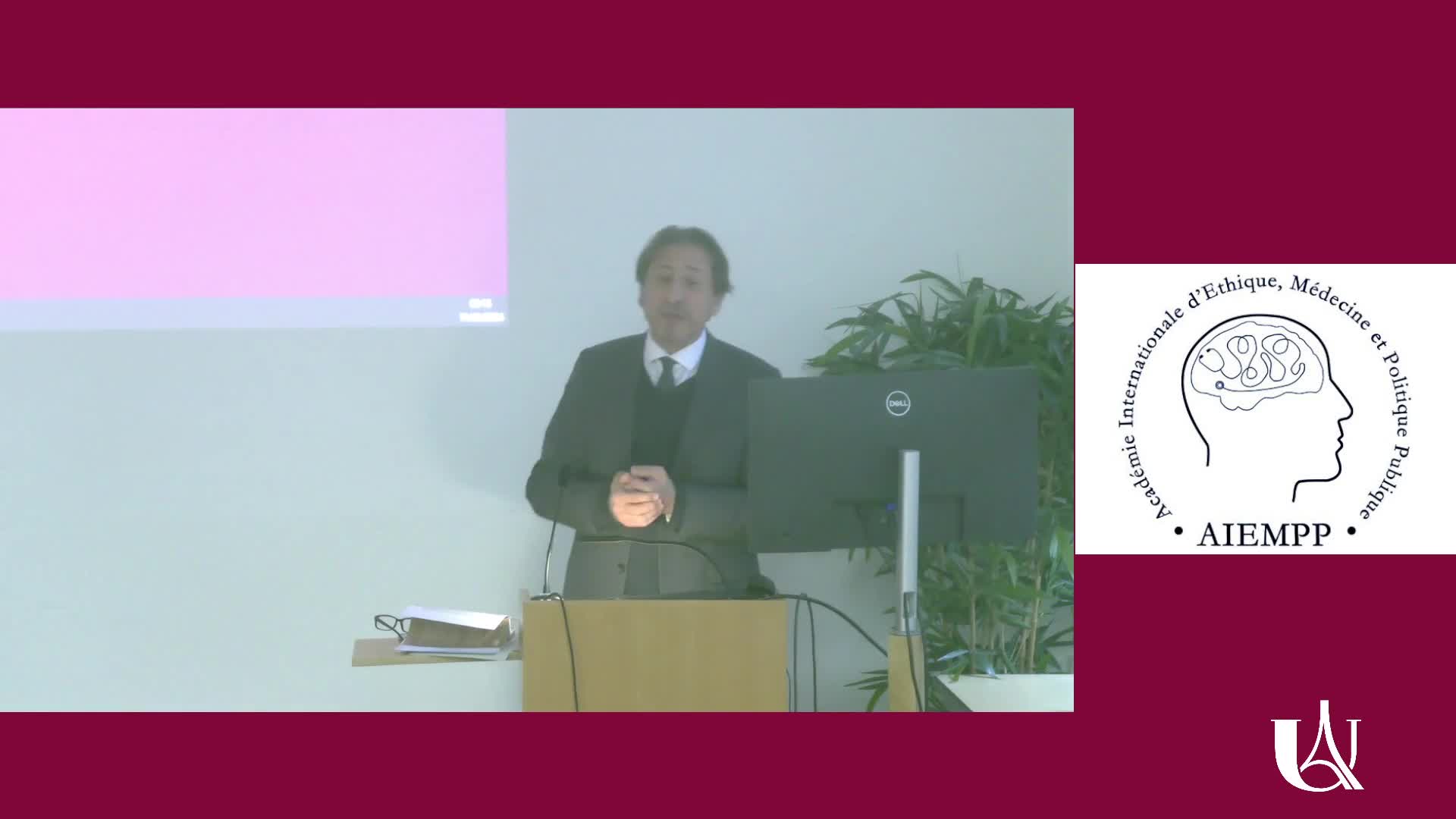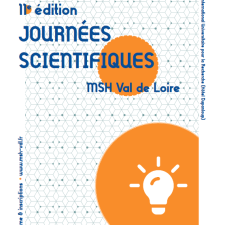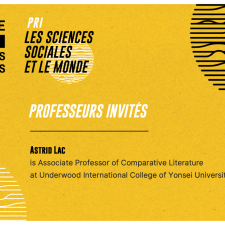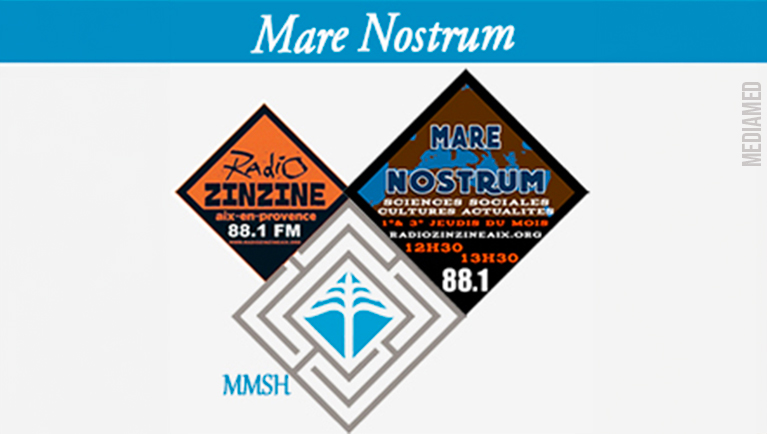Notice
Employee Workaholism, Affective Commitment, and Well-Being: The Role of Work Context, Individual Dispositions, and Need Satisfaction
- document 1 document 2 document 3
- niveau 1 niveau 2 niveau 3
Descriptif
The proportion of employees working long hours is on the rise, due to economic or psychological reasons. This results in employees developing various forms of attachment or commitment to work-related targets and even addictive behavior (e.g., workaholism). Given the importance of work involvement for individuals’ life, it is not surprising that employee commitment to the workplace and obsessive attachment to work have consequences for employee well-being. However, the mechanisms and boundary conditions that are associated with employee commitment and work involvement and how they relate to well-being remain poorly understood. In this keynote address, I provide examples from my own research pointing to the importance of contextual factors, individual difference variables, and psychological mechanisms to explain the association between employee commitment and work involvement with their antecedents and well-being.
First, while much research has previously considered workaholism, a psychological syndrome that combines working long hours and obsessive thoughts about work, to be driven by personality traits such as negative affectivity, perfectionism, or type A personality, a study by my research team demonstrates that contextual factors play a significant role in the development of workaholism. Specifically, high-quality relationships with supervisors, which generally do not push employees toward adopting workaholic habits, may do so when these relationships develop in the context of an overwork culture in the organization, thereby indirectly leading to increased employee strain. This research illustrates the importance of contextual factors as triggers of workaholism and strain.
Second, research has rarely examined how employee commitment to the organization relates to work stressors from a dynamic perspective. One perspective would be to expect organizational commitment to increase employees’ exposure to work stressors while the reverse perspective would predict that work stressors reduce organizational commitment over time. Our data provide support to the first perspective. Specifically looking at the longitudinal relation between affective commitment and role overload (i.e., a hindrance stressor reflecting work situations where the employee has too many tasks to accomplish given the resources available), we found that affectively committed employees experienced an increased workload over time due to satisfying their need for autonomy. Moreover, this process was amplified among individuals with a strong individual self-identity, as they are guided by self-interest and personal achievement. All this happens because affectively committed employees tend to define their job responsibilities more broadly than others.
Third, in a separate study, we asked the question “is affective commitment always good?” While the benefits of affective commitment have been widely supported in studies among newcomers and low-tenured employees, the evidence from long-tenured employees is less clear. We explored this question and demonstrated that there were diminishing returns associated with affective commitment when employees have worked for an organization for a long period of time. This resulted in affective commitment relating to weaker increases in employees’ satisfaction of their needs for autonomy and relatedness, indirectly contributing to maintain emotional exhaustion at higher levels.
In conclusion, contextual variables, employee dispositions, and need satisfaction are important factors to consider when examining the drivers of workaholism and how employee commitment to the organization relates to role stress and well-being.
>> Christian Vandenberghe, HEC Montreal, Canada
Dans la même collection
-
Job Insecurity ‘After’ the Pandemic – Looking Back and Forward
De WitteHans15th European Academy of Occupational Health Psychology Conference 6-8 July 2022, University of Bordeaux, France The theme for the 2022 conference is ‘Supporting knowledge comparison to promote good
-
Leading for Safety: Understanding the Importance of Being a Leader
ClarkeSharon G.15th European Academy of Occupational Health Psychology Conference 6-8 July 2022, University of Bordeaux, France The theme for the 2022 conference is ‘Supporting knowledge comparison to promote good
-
EAOHP 2022 / Opening ceremony
LerougeLoïcLekaStavroulaMacéÉricMartinPhilippeLannegrand-WillemsRoely-Ida LydaMainguenéMarcDeprezGuillaume15th European Academy of Occupational Health Psychology Conference 6-8 July 2022, University of Bordeaux, France The theme for the 2022 conference is ‘Supporting knowledge comparison to promote good
-
EAOHP 2022 / Closing and Awards ceremony
TeohKevinDeprezGuillaumeLerougeLoïc15th European Academy of Occupational Health Psychology Conference 6-8 July 2022, University of Bordeaux, France The theme for the 2022 conference is ‘Supporting knowledge comparison to promote good
Sur le même thème
-
Les Causeries de l'Égalité - L'égalité et le genre #7 - Femmes et discriminations
DucretMarie PatriciaDechepy-TellierJohanLes Causeries de l'Égalité - L'égalité et le genre #7 - Femmes et discriminations
-
Rencontres autour du "vieillir en bonne santé" - Conférence inaugurale
GuedjJérômeConférence inaugurale des Rencontres autour du "vieillir en bonne santé"
-
Pratiques organisationnelles vertueuses et résilience des salariés français
Aubouin BonnaventureJuliaLes salariés évoluent dans un monde professionnel incertain marqué par de nombreux défis auxquels ils doivent faire face. Face à cette adversité, la résilience individuelle constitue un enjeu clé de
-
Entretien avec Astrid Lac
LacAstridEntretien avec Astrid Lac, professeur invitée dans le cadre du Programme de Recherche Interdisciplinaire "Les sciences sociales et le monde" de l'EHESS.
-
Table Ronde 4 | From ‘Common Premises’ to ‘Friendly Debates’: Revisiting the (World-Systems) ‘Gang …
SilverBeverly J.Dans le cadre de ses 60 ans, la Fondation Maison des sciences de l'homme organise le colloque international "Capitalisme, anticapitalisme et sciences sociales engagées à l'échelle globale : autour de
-
Les mobiles du développement. Quand les géants du numérique prennent soin des pauvres
Al DahdahMarineLe séminaire du CIS reçoit Marine Al Dahdah (CEMS, Institut français de Pondichéry, CNRS) pour une présentation de son ouvrage Mobile (for) Development (Cambridge University Press, sept. 2022).
-
Travail, liberté, utopie
Berrebi-HoffmannIsabelleCairoMariagraziaDockèsEmmanuelRichez-BattestiNadineTravail, liberté, utopie, table ronde avec Isabelle Berrebi-Hoffmann, Mariagrazia Cairo, Emmanuel Dockès & Nadine Richez-Battesti, le 22 septembre 2023 au CENTRE DE LA VIEILLE CHARITÉ.
-
Travailler dans le monde associatif : à vos risques et plaisirs !
LetourneuxVéroniqueCottin-MarxSimonAvec plus de 80 000 associations actives sur le territoire breton, la Bretagne est une terre reconnue d’engagements citoyens. L’École des hautes études en santé publique (EHESP), la Maison des
-
Le statut des femmes au Guilan
BrombergerChristianL'invité est Christian Bromberger, professeur émérite d’ethnologie et fondateur de l’IDEMEC (Institut d’ethnologie méditerranéenne, européenne et comparative), laboratoire de la MMSH (Maison
-
Les potiers de Pompéi
CavassaLaëtitiaComme une véritable enquête policière, Laetitia Cavassa, ingénieure de recherche au CNRS, explique la campagne de fouille qu’elle a menée dans un atelier de 2012 à 2018 à Pompéi pour éclairer les
-
La mondialisation et les transformations récentes de la société marocaine
LabariBrahimBrahim Labari nous présente une étude qui s'est appuyée sur trois cas dans la région d'Agadir : un centre d'appel, une usine d'habillement et une entreprise agricole. Il explique les facteurs
-
La santé globale, c'est quoi ?
BinotAurélieInterview d'Aurélie Binot dans le cadre du projet " Explorer la relation « animaux / humains / environnement » au travers des zoonoses et des crises sanitaires. Une seule santé ? " porté par Vincent


